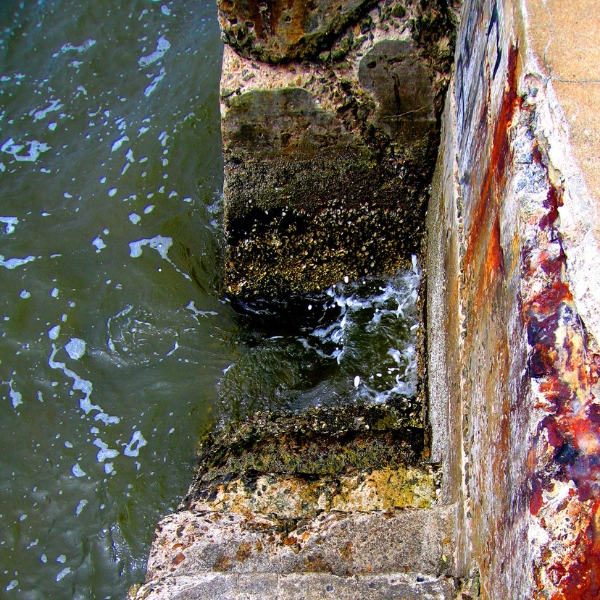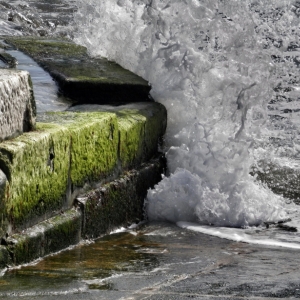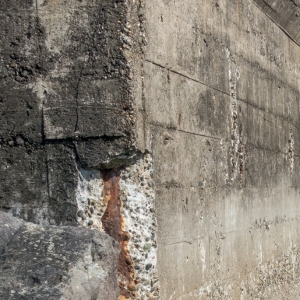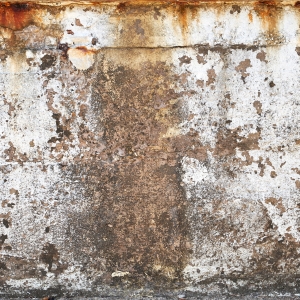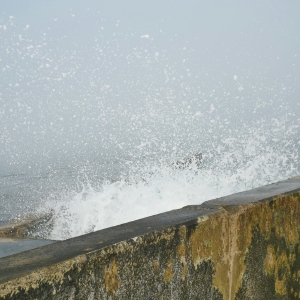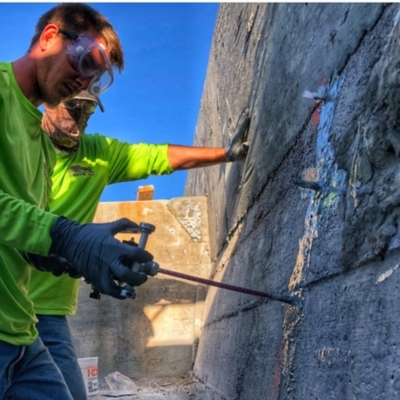Seawall Rust Stains and Corrosion FAQs
Rust stains on your Jacksonville seawall usually mean saltwater has reached the rebar inside the concrete. Over time, corrosion can expand and weaken the wall. Experts at LUX stop this using polyurethane grout injection — a waterproof foam that seals cracks, fills voids, and prevents further rusting.
Yes. In St. Augustine’s coastal zones, moisture and salt air cause hidden corrosion that spreads deeper into the wall. Even if stains look minor, the internal steel may already be deteriorating. LUX repairs seawall corrosion from the inside out using expanding marine-grade grout to reinforce and seal the structure.
Those streaks often indicate failing joints or cracked concrete where saltwater seeps in. In Palm Coast’s humid climate, oxidation happens fast. Our experts inject polyurethane grout to seal those leaks, compact loose soil, and stop rust before it compromises your entire seawall.
As corrosion progresses, it allows water and rust to leach into the surrounding soil, creating sinkholes or soft ground near the seawall. LUX stabilizes the soil and seals the structure using polyurethane grout injection, preventing further contamination and protecting your property from erosion and surface damage.
The cost depends on corrosion depth and wall condition. In most cases, polyurethane grout injection is far more affordable than replacement — offering fast, durable protection. LUX Foundation Solutions provides free seawall assessments and flexible financing options to help homeowners protect their waterfront without financial stress.

